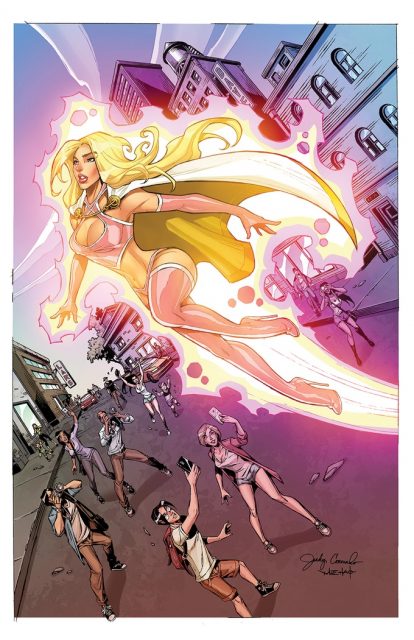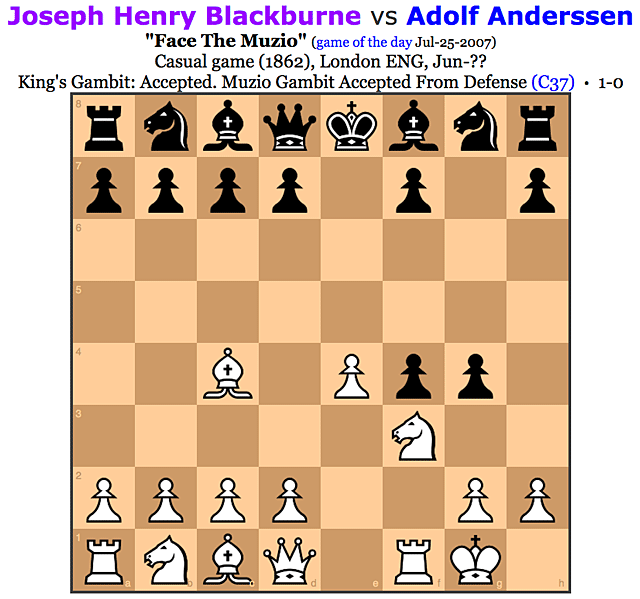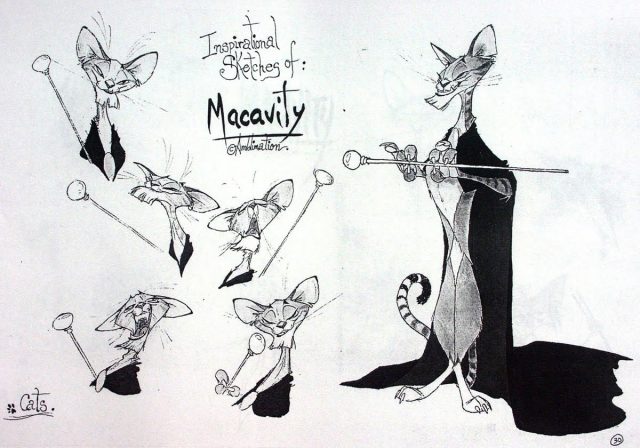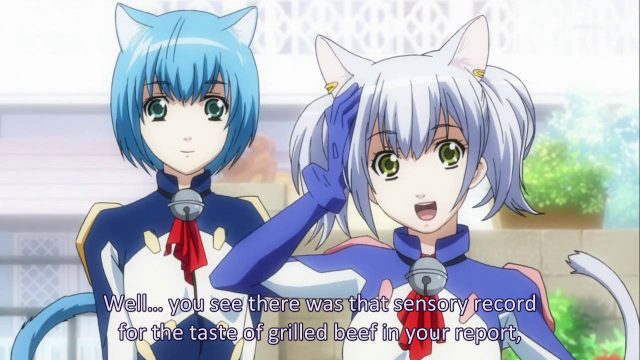My Crunchyroll subscription lapsed a month ago. I’m pretty much done with anime, though I’ll probably always retain some interest. Possibly someone might like to read about my experiences and thoughts, so I’ll write a few summary posts, starting with some pre-history.

I quit watching television when I realized that I could accurately predict the events of an action/adventure/spy show from the first five minutes. This was ‘way back in prehistoric times, when there were only three channels. The rest of the family remained addicts, and there was usually a television on in the house at all waking hours and halfway through the night. I typically spent my evenings alone in my room, reading, while my parents sat in front of the television.
Movies were a novelty in the small city where I spent the largest portion of my childhood. There was one theater, with just one screen, and one drive-in. You had little choice in what to watch. Consequently, I saw few movies when I was young, and those were mostly thrillers at the drive-in, when my parents tossed me in the back of the car expecting me to sleep while they watched. I had insomnia even then, but I usually found the films more annoying than interesting. (I had nightmares about crop-dusting airplanes after they saw North by Northwest.) Later on in other places we lived, there were multiple theaters available, often with several screens. Unfortunately, movie-going was a family activity, and by then I had had enough of family. With a few exceptions (the Marx Brothers, Ealing Studios comedies, Ray Harryhausen), I never learned to like movies much.
There were a couple of items that presaged my interest in Japanese animation.
First were Saturday morning cartoons. Back in ancient times when I still watched television, my friends and I woke up at dawn on Saturdays and turned the television on, even though at that hour stations just broadcast test patterns, so that we would not miss anything once the programs started. Eventually our parents would wake up and throw us out of the house, but not before we had watched several hours of animation.
Cartoons fell into three classes. The least interesting were the innumerable Hanna-Barbera productions and similar. Yogi Bear, Quick-Draw McGraw, Top Cat, etc., they were all just mere entertainment: formulaic, cheap-looking and bland. They were better than a test pattern, but not by much.
Vastly better were the old Warner Brothers cartoons. These were superior in every respect to HB productions: voice acting, character design, art, animation, music, and particularly the writing. Bugs Bunny was far more vivid and alive than Yogi Bear could ever be. Bugs made me a Raymond Scott fan, too, though I didn’t know that at the time.
The best were the Jay Ward productions. Rocky and Bullwinkle looked even cheaper than Yogi Bear, but it didn’t matter. When the scripts were good, they were brilliant, and they were good more often than not. George of the Jungle was consistently good; Hoppity Hooper was downright trippy, as I recall (it’s hard to find; the episodes I’ve unearthed are decidedly eccentric, but I need to see more.) Although the shows were presented as kids’ entertainment, they were written for adults rather than dumbed down for dull children. Bullwinkle is one of the three great comic characters of the 20th century, along with Groucho Marx and Ignatius Reilly.
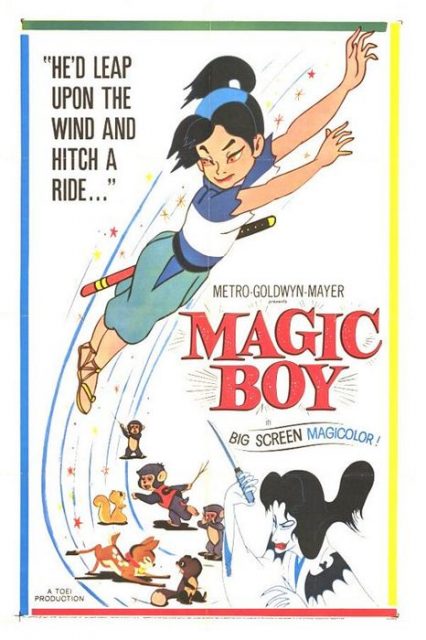
The other harbinger was Shounen Sarutobi Sasuke. This was the first animated Japanese movie to get a proper release in America, under the title Magic Boy. It turned up one Saturday afternoon at the kids’ matinee, and it blew away all the Disney movies I had ever seen. I thought it was the greatest movie ever made. I later saw Forbidden Planet, and that was the greatest movie ever made, and I eventually forgot Magic Boy.
Some years back, I tracked down a fansub of the movie. By every objective criterion it’s inferior to Disney products. But it had wildness and strangeness absent from its carefully-polished occidental counterparts, and it excited my imagination as no Disney movie ever had.
Books and music took the place of movies and television for me.
Half a lifetime later, I read a news article about a new children’s show being imported from Japan. It had something to do with girls who identified with the planets of the solar system and wore sailor suits. It sounded silly, but I was curious.
Several years after that, I read a review of an animated movie called Perfect Blue. It seemed worth seeing. Too bad it would never come to Wichita. Princess Mononoke looked interesting, too, but it also was unlikely ever to be shown here.
Not quite 20 years ago, a bodhran-playing friend turned out to have a DVD of Princess Mononoke. I asked to borrow it.
Update: I was annoyed to find that recent reissues of Rocky and Bullwinkle on DVD substituted different music for most of the openings and endings. Fortunately, you can find the correct music here. Pianists looking to enlarge their repertoire might consider assembling the incidental music to Dudley Do-Right into “silent movie” suite.
***
Don’t hold your breath waiting for the next installment.



